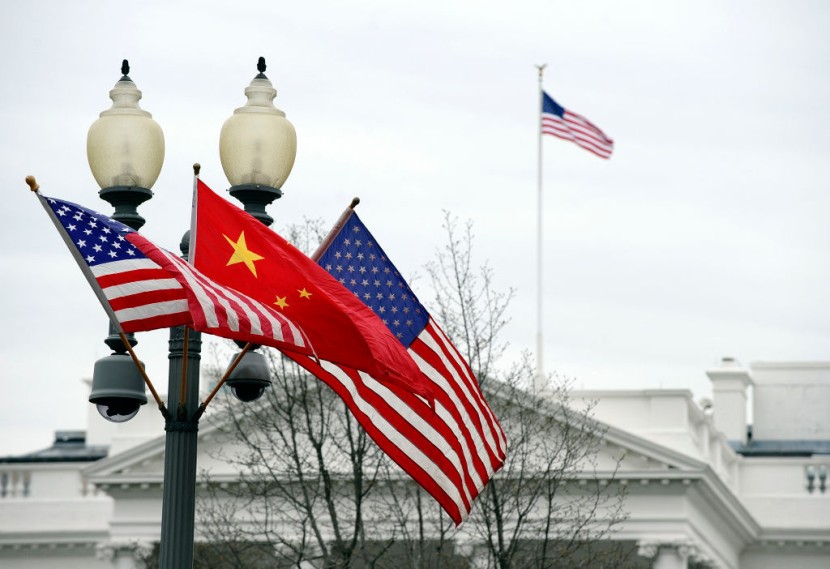On Thursday, a senior White House official confirmed that the US called for China to discuss practical nuclear risk-reduction measures but does not expect nuclear arms-control negotiations anytime soon.
The senior White House official for arms control and non-proliferation, Pranay Vaddi, reiterated that it had been important to have initial arms-control talks in November with China.

Vaddi supported discussions on practical risk-reduction measures. However, he emphasized that they must involve influential Chinese decision-makers in their country's nuclear posture.
"We know that we are not going to leap into formal arms control negotiations anytime soon. We know that their arsenal is still being built up," Vaddi told the Center for Strategic and International Studies.
He added that they were eager to see China react to some of their substantive ideas on risk reduction regarding arms control. However, he said they were still waiting for a response. The US and China held their first talks on nuclear arms control in nearly five years on November 6 amid mounting US concerns over China's nuclear build-up, but the meeting reached no concrete agreements.
Chinese President Xi Jinping and US President Joe Biden talked at a summit in December and announced a resumption of military-to-military dialogue. Vaddi said Washington wanted to maintain open lines of communication with China and make progress on arms control issues. He claimed they want to address some practical measures related to weapons control.
He said that such discussions could be bilateral or in the context of the five permanent members of the UN Security Council - the US, China, Russia, Britain, and France. Furthermore, he noted that they were not interested in just having meetings as they wanted to have an actual channel devoted to these issues and solve the problems that they had identified.
The US and China held two days of military talks in Washington last week, which was their latest engagement since agreeing to resume military-to-military ties. In October, the Pentagon stated that China possesses more than 500 operational nuclear warheads and is likely to have more than 1,000 warheads by 2030 in its yearly assessment of the country's armed forces. Approximately 1,419 of the 3,700 nuclear warheads that the US possesses in stock have been used as strategic weapons.
Read Also : Airstrike on Syrian Village Being Blamed on Jordanian Air Force Pursuit of Drug Smugglers
US, China Agree to Resume Military-to-Military Ties
Biden confirmed that the US and China have agreed to resume military-to-military communications to ease growing tensions. After meeting Xi Jinping in California, he said they were back to direct, open, and clear communications. However, there were still signs of tension between the two as Biden repeated his view that Xi is a dictator.
China's foreign ministry criticized Biden's remarks, but they still recognized their meeting as successful. Biden added that both leaders had agreed to establish a direct line of communication with one another.
At a news conference following the summit, held at a historic country estate close to San Francisco, Biden said poor communication was "how accidents happen." He added that both presidents could now "pick up the phone and be directly heard immediately."
Related Article : India, Russia Discuss Potential Joint Military Weapons Production








